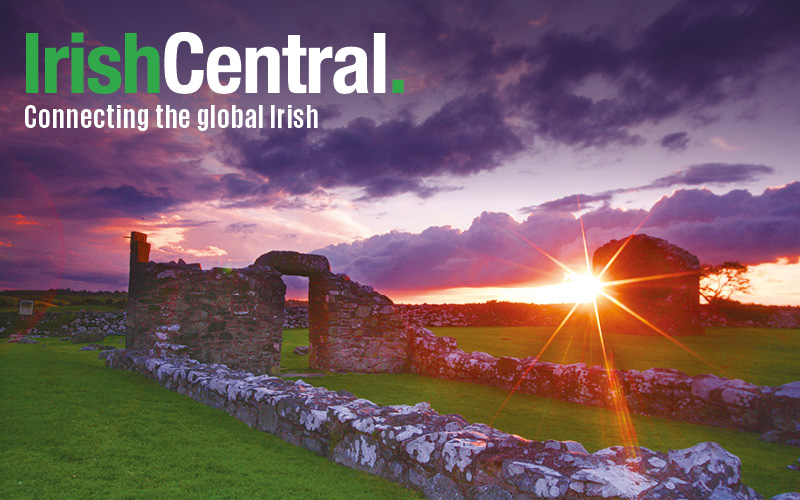The senior executive of the Anglo Irish Bank - which single-handedly almost brought down the Irish economy - embarked on a series of wild parties and giveaways to clients as the Irish economy tanked.
They spent heavily on American clients. The bank spent $120,000 on one party for staff at the Mansion House in Dublin as the crisis kicked in.
An e-mail from the bank’s then Chief Executive, David Drumm, announced the party stated: “Dear colleague, the stock markets are down. They say the economy is in recession. It rained most of the ‘summer’. The holidays are over. This is Anglo so there is only one thing to do – party!”
Drumm is currently fighting extradition to Ireland from Boston where he now lives and has denied any responsibility for Anglo’s failure which plunged Ireland into financial crisis.
The government and Irish taxpayer had to cover close to $40 billion in losses from the bank.
In December 2008, as the economy began its free-fall Anglo spent $250,000 on a Christmas party for staff and $100,000 on wine and Christmas gifts that month alone.
The shocking details of debauchery and over spending are revealed in a new book by Irish Times journalist Simon Carswell entitled "Anglo Republic: Inside the Bank that Broke Ireland," to be published on Monday.
The book reveals at the height of the recession Anglo paid $30,000 for Manchester United tickets, $27,000 for Chelsea season tickets, $60,000 for tickets to Ireland’s home rugby games against New Zealand and Argentina and $12,000 taking US clients to see the Boston Red Sox baseball team.
The bank also paid $200,000 for 10-year premium rugby tickets for the Aviva Stadium in Dublin.
Bank executives even had names for their lavish parties, One was called the “Back To School Doombuster Party” – at a time when the Irish economy had begun to fail.
The bank also paid for some of their largest customers in the U.S. to fly to Ireland and play in the bank’s annual golf tournament.
The flights cost $150,000 and hotel accommodation $140,000. The bank spent $10,000 on specially made silver cufflinks for the American players.
Golf was a major selling point for the bank. They spent $2 million on sponsoring golf tournament and sponsoring English golfer Lee Westwood who was described as a "brand ambassador."
The revelations are bound to increase pressure to have Drumm returned to Ireland from America to answer questions about the bank’s extraordinary spending excesses.




Comments